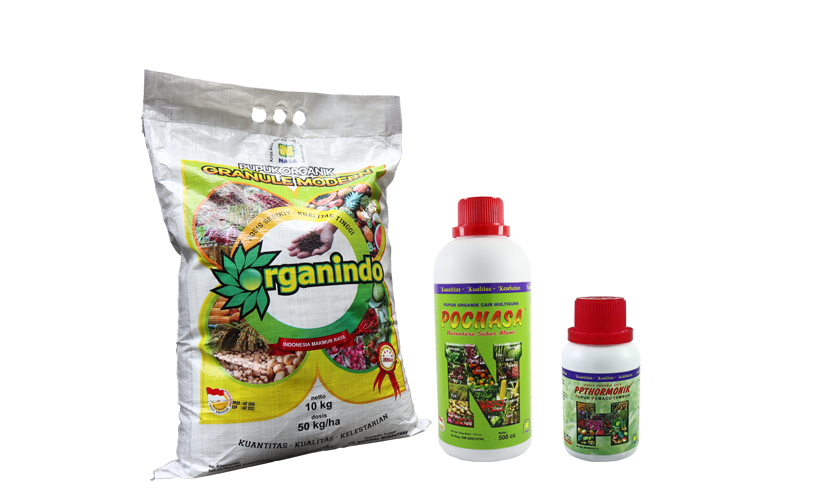"Abundant Profits With NASA Organic Fertilizers"
20 Apr 2022
09:27

Organic land has now become something interesting, but it turns out that many people still doubt the process of growing land with organic fertilizers. This is what happened to Mr. Slamet Rokhiban, this Banjarnegara farmer was ridiculed a lot when he first tried NASA's organic fertilizer. "What people see is a plant that takes a long time to grow, but actually the end result is the same as the age of the rice. In the past, the neighboring rice seemed to grow faster, but at the age of about 45 to 50 days my rice plant was immediately overtaken," he said.
Initially, Mr. Slamet tried to keep using about 30 kg of NPK in his entire 2200 m2 land mixed with NASA organic fertilizer. "I use it twice by mixing 30 kg of NPK with 10 kg of Granule. I immerse it in the middle of 4 clumps of rice plants with 1 week of age, I repeat fertilization when the rice is 45 days old. The results are very satisfying. Then after that I didn't use NPK, I used rabbit urine instead of urea and used 7 bags of granules," he said excitedly.

Slamet Rokhiban
"When the rice is about 2 days old I use Glio, then after 15 days of rice I use NASA POC 4 caps plus Hormonic 1 cap, then I add half a cap of AERO 810 in a 14 liter water tank, spraying is done once every 10 days, " said the farmer who also works as a teacher. Usually when the rice plants are getting pregnant, Mr. Slamet also uses Power Nutrition by spraying it. This is beyond the actual standard, but it turns out that the rice grains become more filling and the rice yields when they become rice do not go stale easily.
In the past, the 2200 m2 paddy fields produced around 11 to 12 quintals of rice, now the yield has increased to 14 to 16 quintals of rice. The selling price of organic rice is also higher than the selling price of ordinary rice, so the profit is greater. Another advantage when using NASA products according to Mr. Slamet is that the plants are healthier and far from disease and planthopper pests. "In conclusion, pesticides and fertilizers from NASA are very effective if they are used correctly, so if there are farmers who have not used NASA products, it means that these farmers do not want to enjoy abundant profits," he concluded firmly.
